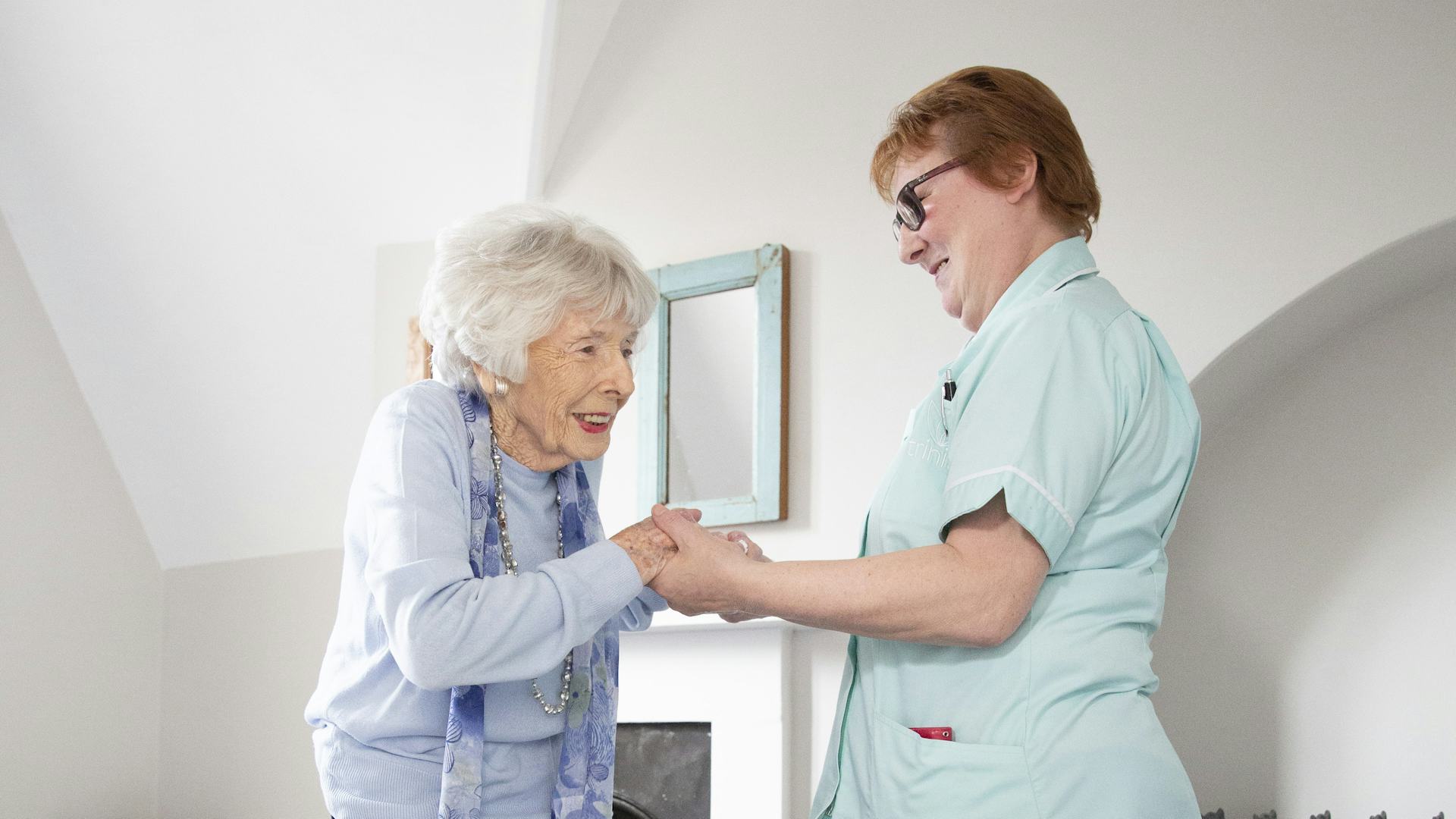Different beliefs from you own

Supporting a client with a different or deep-rooted belief can often be a daunting prospect at first. Having a different belief is something that many of us face on a day-to-day basis. How it affects each of us is different. It can often be the cause of some uncomfortable situations we find ourselves in.
We are all different, we have our own beliefs and have all been raised with a core set of traditions and values before we go on to form our own as adults.
Beliefs can involve very deep-rooted values, such as subjects like religion and politics, but beliefs can also be more trivial, such as how to make a cup of tea.
Each subject often varies widely in many ways. Religion is one that may be part of everyday life for a lot of people and often dictate the daily things we do as an individual.
So how do we deal with this disparity as a professional carer?
How easy is it supporting a client with a different belief from your own?
Supporting someone to live independently when they practice and follow their own religious beliefs can be hard. Some of these beliefs may contradict your own beliefs.
Carers work very closely with clients needing care. The range of services Trinity Homecare supply in each area varies from full time Live-in Care, Visiting Care (daily care, weekly care) to even a companion on a regular or ad hoc basis. This high level of interaction can highlight differences in beliefs and requires a high level of mutual respect. Working closely to support people can have its challenges at the best of times.
When you have a different cultural belief, it can easily affect a carer and client’s professional relationship. This professional relationship is very important to support someone closely each time you see them. Many cultures all have their own rules. As we grow-up surrounded by our own social culture, we naturally learn the rules and without thinking, we judge others on how they choose to follow them. When you support or work with someone outside your cultural circle, there can be misunderstandings both ways on what is and isn’t acceptable and difficult situations can often occur.
How easy is it to respect another’s belief when it is different from our own?

We first need to accept that people have different beliefs and opinions. To some, the variety of beliefs makes the world a more interesting place. We cannot change deep rooted beliefs. There is no “right” belief, to remain professional, we must accept that.
The next most important thing is to show respect. Respect for yourself whilst also respecting the other person.
Respecting a different belief does not mean you have to follow it. But it can often help to have a little understanding of their belief and point of view. If you happy to, you could talki openly about beliefs, without judgment or defensiveness. This can help greatly with creating a mutual trust and respect.
It might still be the situation that you strongly disagree with these beliefs and views. But you may need to support this person each day knowing this. It is also good to remember, that if you disagree with a belief system, the other person could also feel the same way toward your beliefs.
In this instance try to ask yourself if you would like the other person to think negatively towards you? Would you want them to accept you for the person you are and respect that your own beliefs are different from theirs?
Do not judge anyone by their beliefs and values. Judge them on how they act, what sort of character the individual has. Do not discriminate because they see things different from you.
How would you like to be treated having your own different beliefs?

When supporting a client with a different belief, treat people as you would like to be treated. Leading by example will allow you to easily work and get along with those around you.
Taking the right approach is the only way anyone can accept that mutual respect needs to be shown.
To do this we need to help create and support the right environments around each of us as a person. Everyone has the right to have their own beliefs.
Identifying issues early and dealing with them
To be an active part in the culture of mutual respect, you need to take a zero-tolerance stance to anything that goes against it.
These questions can help you to spot when a carer or a client is being disrespectful:
Ask yourself, does the behaviour:
- Come across as rude, hostile, or discourteous?
- Upset someone unnecessarily or could be seen to cause harm?
- Have a negative effect on people’s work or relationships?
- Undermine the other person in any way?
- Damage your organization’s mission or reputation?
- Break organisational rules, or is it dishonest or illegal?
If you can answer yes to any of the above, you have very likely witnessed something that needs to be stopped or addressed. The answer could be from either side, the client, or the carer. This could mean that you need to look at changing your own behaviour. You may need to take time to learn more about the situation or topic for yourself.
Just because someone is paying for a service, does not entitle them to be disrespectful to others. Supporting a client with a different belief should not negatively impact your working environment.
When someone else is being rude or disrespectful to you or a colleague, think carefully about whether it would be best to challenge them yourself, or whether you need to report it and get support from a senior manager. If you’re acting on someone else’s behalf, always find out what they would like to happen next.
Our values at Trinity Homecare are about being Personal, Trusted and Caring. All our carers show the utmost respect for our clients’ beliefs by showing a personal understanding, remaining trusting and professional, and caring for our clients no matter how different the beliefs.








